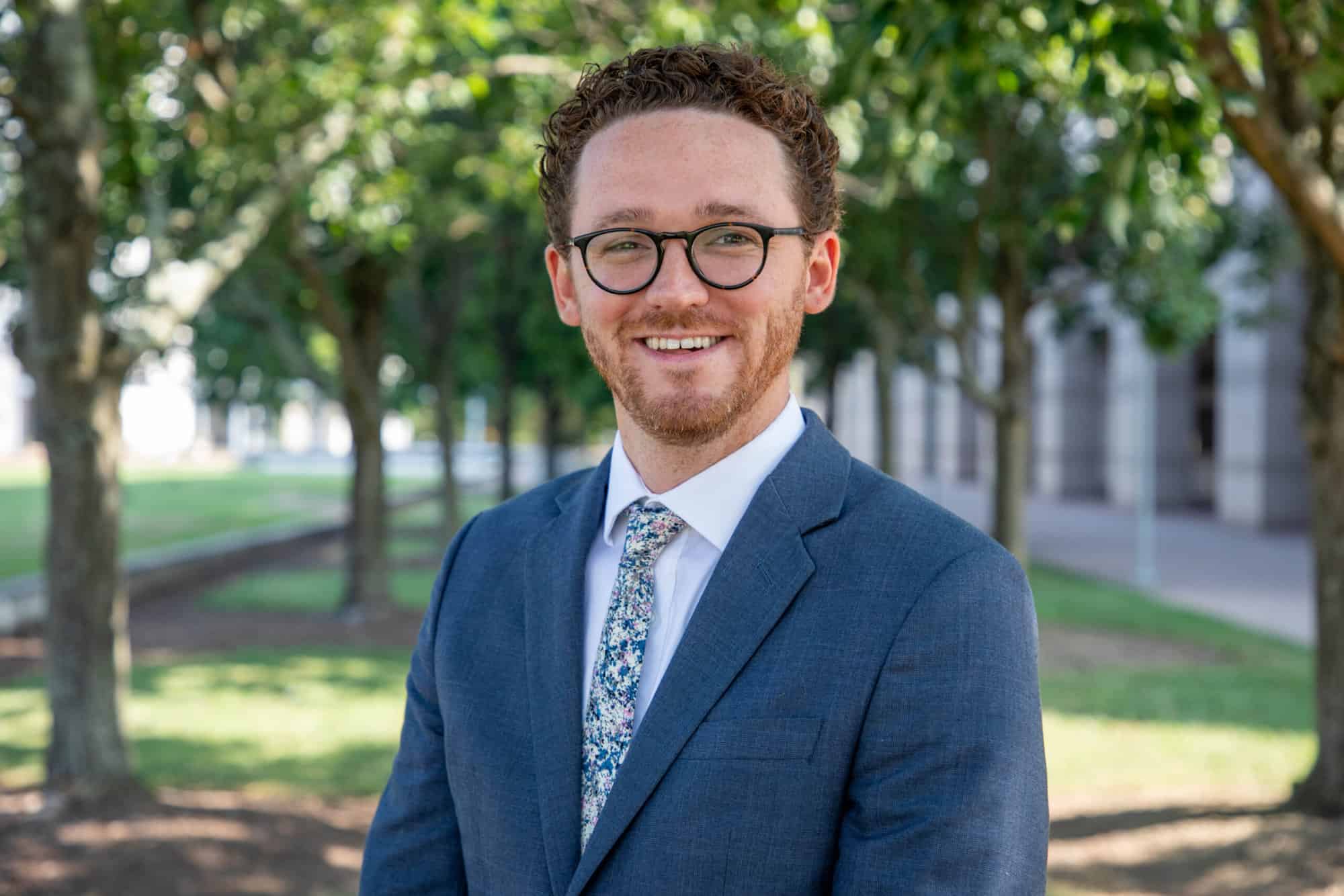The early years of a child’s life are full of growth as they race towards reaching critical developmental milestones. They say their first words, take their first steps, and they sprout—and even lose—their baby teeth. While these milestones are important, continuous access to healthcare is crucial towards ensuring that a child has the support they need to grow into healthy adults. While North Carolina has made significant strides in expanding access for physical healthcare, there’s still room for us to grow when it comes to supporting children’s oral health.
Why is oral health important?
Tooth decay is the most common chronic disease in children. The Indiana University School of Medicine reports that it’s about five times more common than asthma and seven times more common than hay fever. Cavities and other dental issues are largely preventable, but left untreated, they can disrupt a child’s immediate physical health and even have spillover impacts on a child’s success in school.
Healthy, Happy, Smiles: Family Voices Report on Oral Health
Through the support of Blue Cross Blue Shield, NC Child worked with our Parent Advisory Council and community-based organizations to understand experiences, perspectives, and challenges in helping their children access oral health care. This report allows us the opportunity to listen to parents and families’ visions of accessible, affordable oral health care in North Carolina and serve as a reference for advocates, policymakers, clinicians, funders, and others interested in improving the systems of care that address oral health needs for children.
Advocacy Resources
Getting the oral health care kids need can be a challenge for many families, particularly if a child lives in a rural area, has special health care needs, or whose families have challenging economic circumstances. Through the support of our partners and the CareQuest Institute for Oral Health, NC Child has assembled a suite of fact sheets that families, providers, and community leaders can use to advocate for effective solutions and help local children access the oral health care they need.
Oral Health Access in Medicaid
Despite North Carolina providing dental benefits for children and adults enrolled in Medicaid, Medicaid members reported to NC Child consistent issues finding a provider and accessing care. This is not surprising given that nearly all counties, metro and rural, are designated shortage areas for dental care.
While provider shortages comprise a significant barrier to access, inadequate and outdated directories also further complicate finding care. Our Parent Advisory Council members worked with their local communities to uncover other issues families experienced while searching for eligible providers.
Learn more about the issues raised by community members, as well as NC Child’s recommendations for effective solutions, in our Oral Health Access in Medicaid fact sheet.
Oral Health Care for Children and Families with Special Health Care Needs
According to the U.S. Health Resources and Services Administration (HRSA), around 14 million children under 18 years of age have a special health care need. Despite making up nearly 19% of the population for children under 18, children with special health care needs remain woefully underserved, especially for services like oral health care. This is incredibly concerning, as the oral health of children with special health care needs usually have fewer restorations, more missing teeth, and more untreated dental issues than the general population.
While North Carolina has dedicated resources to supporting children and families with special health care needs, conversations with families still emphasized the challenges with receiving meaningful and timely access to dental care.
Learn more about the policy solutions we can advocate for that can help ensure children with special health needs can access the dental care they need and deserve in our Supporting Oral Health for Children and Families with Special Health Care Needs fact sheet.
Using a Whole Family Approach to Oral Health Care
When caregivers are insured through any means and use their health coverage, they are more likely to have children who also have health coverage and regularly attend preventative services like well child check-ups. Known as the “welcome mat” effect, this relationship between caregivers having health coverage and the positive outcomes of the children under their care is the foundational principle to using a Whole Family Care approach to supporting child oral health outcomes.
Also, when working with children and families, it’s important for providers to understand and implement culturally appropriate strategies to provide the highest degree of responsive and effective care. Studies have shown that care plans rooted in cultural attunement result in increased communication, increased patient understanding, and increased adherence to care plans—ultimately resulting in high rates of positive health outcomes.
Learn more about this holistic approach to care and our opportunities to enrich oral health outcomes for children and families in our Whole Family Care Approach fact sheet.

